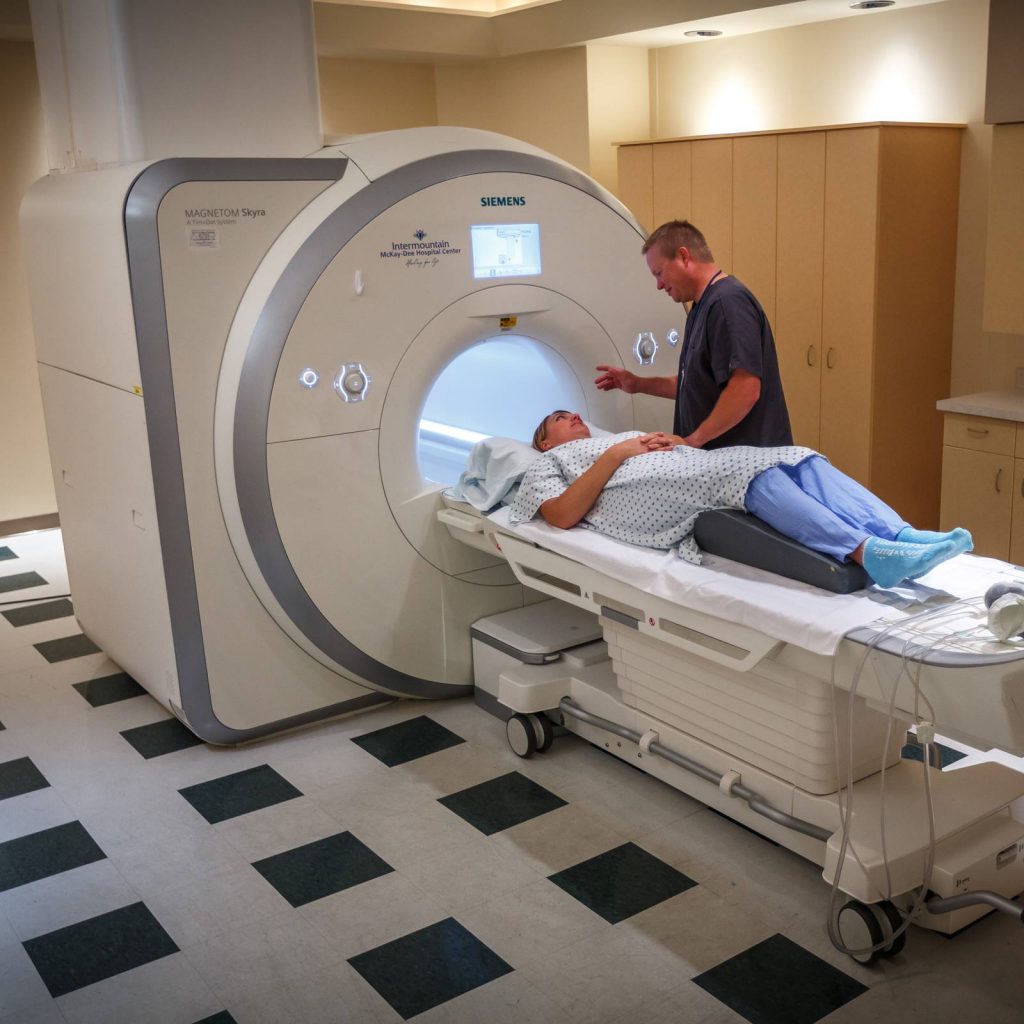MRI is a diagnostic medical technology that creates high-resolution images of tissues and organs using magnetism and computer-generated radiofrequency. Massive, tube-shaped fields are used in the majority of MRI equipment.
The magnetic force in a Magnetic resonance machine readjusts hydroxyl groups within the body for a short time. These coordinated atoms emit tiny impulses that form cross-sectional MRI pictures, similar to pieces in a baguette.
Features of Hitachi MRI machine
IP-RAPID
Hitachi MRI in New Jersey is a device that blends under as well picture restoration via recurrent photo editing to provide T1-weighted, T2w, Ruckus, Flamboyance, MRA, dispersion, and lardy separating pictures while reducing author will examine without sacrificing pixel density.
AutoExam
This function allows for single-click examinations by pre-defining scanning precondition parameters including slice location, image analysis, picture presentation, and picture transfer.
This could instantly formulate an appropriate slice path on the mind after the scanogram, as per the manufacturer, adding up to 5 slice patterns could be programmed for slicing plane and tilt. It helps to display the bounding box of the cerebral MRA with just an AutoClip feature.
SynergyDrive
This technology, which combines IP-RAPID with AutoExam, increases functioning and would shorten scanning durations by much to 30percentage points relative to Hitachi’s typical open MRI equipment, and as per the firm.
Why is it done this way?
The specialist can use an MRI to check your systems, ligaments, and bones in a quiet approach. It generates greater pictures of the front of the organ to aid in the diagnosis of a wide range of ailments.
- An MRI scan of the central nervous system was performed. The most common imaging test for the brainstem is magnetic resonance imaging (MRI). It’s frequently used to aid in the diagnosis of:
- Cerebral vessel tumors
- Diseases of the eardrum and eyes
- Multiple sclerosis (MS)
- Disorders of the spinal cord
- Stroke
- Tumors
- Traumatic brain damage
A radiologist (a specialist who is better skilled to read MRIs) would examine the pictures of the scanning and communicate the results to your clinician. Significant results and the next actions will be discussed with you by your clinician.
Hitachi MRI in New Jersey or at any place could take anywhere from 20-60 minutes, based on the portion being examined and the number of images necessary.
If the pictures from the initial MRI scan aren’t good enough the radiologist may request that the client have a scan today right away.


